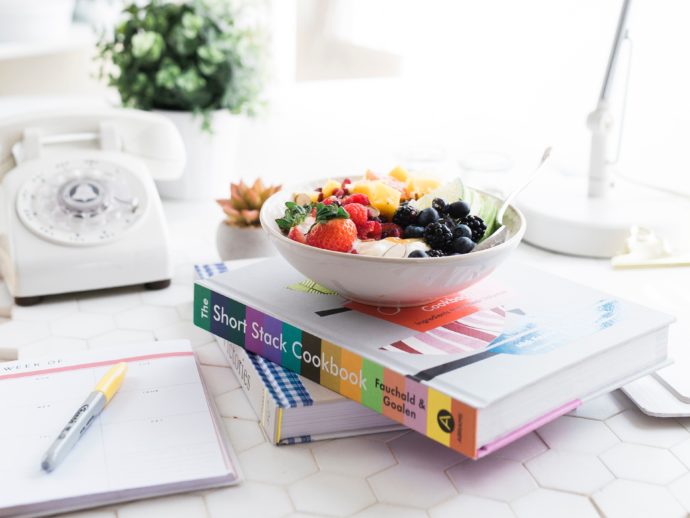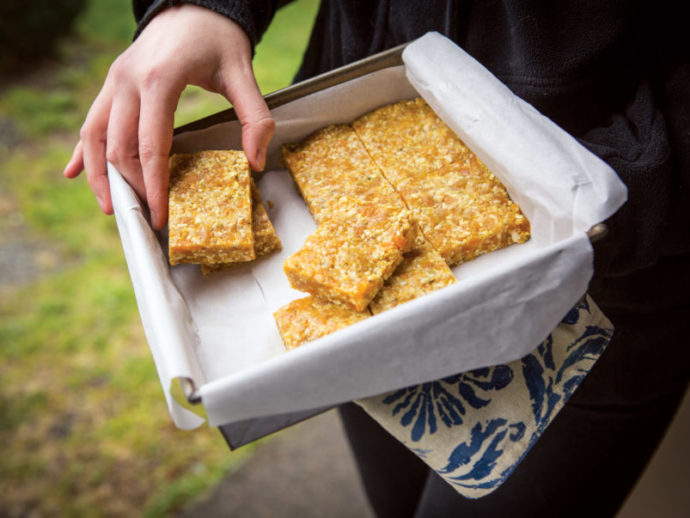
Snacking: we all do it, and we often feel guilty about it. Why? It’s frequently an indulgent break in our otherwise healthy eating plan. But it’s easy to be mindful of the foods and beverages you choose and snack in a way that promotes better health.
First, identify your snacking patterns. Ask yourself these three questions to help determine your current habits.
1. What are your favorite snacks?
By identifying your favorite snacks, you might start to see a trend. We all typically have a preferred flavor profile. When you’re craving something, is it usually sweet or salty? Knowing what you prefer can help you choose healthier sweet or salty snacks that still satisfy those cravings.
2. What times of the day do you snack or find yourself searching for food: morning, afternoon or evening?
Identifying what time of the day you snack or find yourself hungry can help you be prepared for those times. For example, if you tend to get hungry mid-afternoon, ensure you pack a snack that will leave you feeling satisfied on your way home.
3. Are some of your snacking habits causing overeating or overindulgence?
In other words, do you snack on things you probably don’t need or when you’re not actually hungry? If you have trigger snack times that tend to cause overeating or overindulgence, the first step is to understand your triggers. Once you identify some of your triggers, you can strategize ways to avoid them.
For example, if you tend to snack in the evening on your couch in front of the TV, perhaps the couch is a trigger area, or perhaps your living room is right beside your kitchen where food is readily available. Try moving your evening routine to your bedroom.
Simple strategies to end mindless snacking
Control your portions
This will ensure you don’t mindlessly overeat. For example, instead of sitting down in front of the TV with the entire bag of popcorn, portion it out into a small bowl and put the rest away. Take just a small handful of nuts instead of the whole container.
Evaluate your hunger
Are you truly hungry (stomach-rumbling hunger), or are you eating out of habit? If you don’t need to eat, try chewing a piece of gum or drinking coffee, tea or water instead.
Delay and distract cravings
If you’re craving something sweet or salty, but you’re not truly hungry, tell yourself you can have that snack, but after you’ve waited 20 minutes. During that 20 minutes, do something that will distract you from snacking (like checking emails, taking your dog for a walk or doing some chores).
If you’re still craving the snack after the 20 minutes, indulge in a small amount and satisfy that craving. Often, though, you’ll realize you don’t really need the snack, and the intense craving is gone.
Limit distractions
When possible, don’t eat while distracted. Instead, stop and take a few minutes to enjoy your snack. This will decrease your risk of overeating and promote more mindful snacking.






